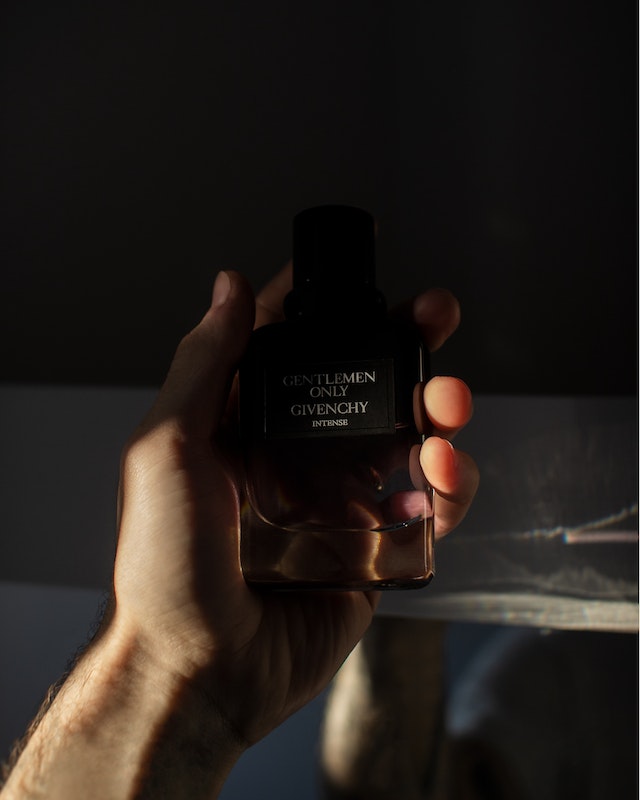Perfumes in ancient Rome were much more than just pleasant scents; they played a significant role in conveying messages about an individual’s status, personality, and societal standing. Let’s explore what their perfumes revealed about Roman society.
1. Social Status: Perfumes were a symbol of wealth and social status in ancient Rome. The quality and rarity of the ingredients used in perfumes were often associated with luxury and opulence. The wealthy elite could afford expensive fragrances made from precious materials such as myrrh, frankincense, and exotic flowers. The use of these high-quality perfumes signaled their elevated social standing and distinguished them from the lower classes.
2. Personal Identity: Perfumes were an expression of personal identity in Roman society. Individuals would choose specific fragrances that suited their personality, preferences, and even gender. Women often opted for floral and delicate scents like rose, violet, or lily, while men favored more robust and earthy fragrances like musk or leather. Perfume choices allowed individuals to showcase their unique tastes and create a distinct olfactory identity.
3. Seduction and Sensuality: The Romans associated perfumes with seduction and sensuality. They believed that certain scents could enhance their attractiveness and allure. Both men and women would wear perfumes to entice potential partners or to enhance their desirability. The use of rich and exotic fragrances added an air of mystery and sensuality, making the wearer more appealing in social and romantic contexts.
4. Religious and Spiritual Significance: Perfumes held religious and spiritual significance in ancient Rome. They were used in various religious ceremonies and rituals as offerings to the gods. The pleasant aromas were believed to please the deities and invite their favor. Temples and sacred spaces were often filled with the fragrance of incense and aromatic oils, creating a spiritually uplifting atmosphere.
5. Cultural Customs and Etiquette: Perfumes were an essential part of Roman cultural customs and etiquette. The application of perfumes was considered an act of good manners and hygiene. Romans would often anoint themselves with scented oils or wear perfumed amulets to mask body odors in crowded social gatherings. Scented oils were also used during massages and bathing rituals, adding an element of luxury to these practices.
6. Trade and Commerce: The perfume industry played a crucial role in Roman trade and commerce. Exotic ingredients and rare essences were sourced from distant lands and brought to Rome through extensive trade networks. Perfumers and merchants capitalized on the demand for unique fragrances, creating a thriving industry that contributed to the Roman economy.
The scents of ancient Roman perfumes were not merely pleasant aromas but carried deep cultural and social significance. They revealed information about an individual’s social status, personal identity, and aspirations. By understanding the role of perfumes in Roman society, we gain valuable insights into their aesthetics, values, and the importance they placed on sensory experiences.




